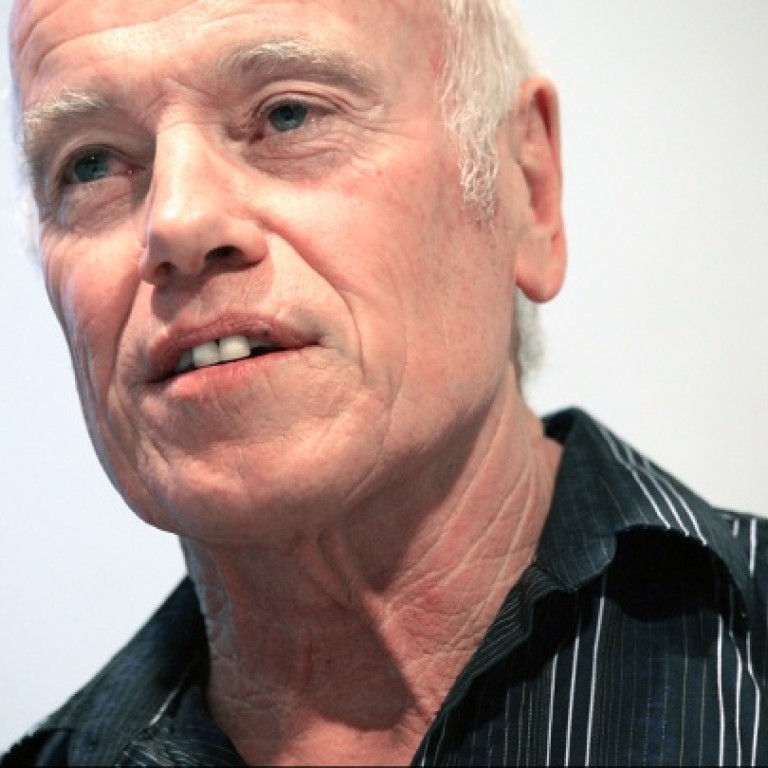
City's 'creative' dealing with corruption a lesson to follow
Upholding Privy Council's action on Reid decision could temper injustice to third parties
Recently the Director of Public Prosecutions Kevin Zervos called for tougher civil laws to recover "dirty money". Civil recovery using the common law is a "hot topic" among property lawyers because of doubts about the leading judgment - a case involving the DPP's infamous predecessor Warwick Reid.
Reid's case considered important questions about who "owned" a bribe or its proceeds. Previously an employer or other principal could only take a personal action against an employee to account for a bribe, as it was thought that the employer did not have a proprietary or "ownership" interest in the bribe, and so substitutions for the bribe might not be traced.
Reid was sentenced to eight years' imprisonment for taking bribes from those he was meant to investigate, and ordered to pay HK$12 million to the Crown (calculated by reference to his assets which could not be accounted for from his legitimate income). No payment was made. Three properties in New Zealand were identified as representing bribes and warnings were registered against these properties as Crown property. When the Privy Council had to decide the nature of the Crown's interest in the properties the existing principle was acknowledged, but the leading judge, Lord Templeman, adopted a "creative" approach to their ownership.
Lord Templeman stressed that Reid should have handed the bribes to the Crown when he received them. But, of course, Reid did not. However, the common law has an equitable principle that presumes as done that which ought to be done; therefore, Reid was presumed to have given the funds to the Crown and, if he still held them, he held them on trust for the Crown. If the bribes were held on trust for the Crown so were any traceable substitutions, therefore the three properties were held on trust for the Crown and could be recovered.
Recently the English Court of Appeal declared itself bound by its own previous decisions that a principal does not "own" bribes or their substitutions, and criticised the Reid decision - reflecting concerns about possible unfairness that may arise, for example, if the employee is bankrupt the employer may take the bribe or substitutions before other creditors.
As a matter of precedent Reid may be problematic; however, it is important to remember the nature of the common law. The great strength of the common law is its ability to develop organically to reflect the needs of society without slavishly following precedent. With Reid it was necessary for the good of Hong Kong to stress that those who might be tempted by corruption would not only go to prison, but would also not profit from their acts. In the absence of statutory powers the Privy Council developed equitable principles to deal with "an evil practice which threatens the foundations of any civilised society". We await future Hong Kong decisions to see if they will uphold Reid, perhaps developing the principle and so tempering any injustice to third parties in line with Antipodean equitable influence. This will ensure, in the words of Lord Templeman, that the proceeds of corruption may be prevented from being, "whisked away to some Shangri-La which hides bribes and other corrupt monies in numbered bank accounts".
